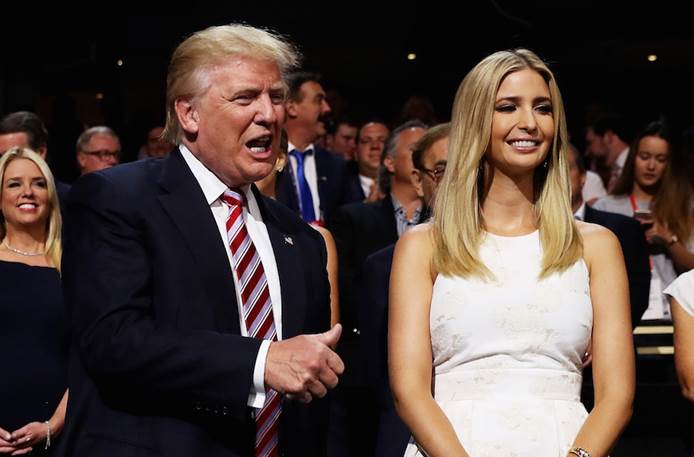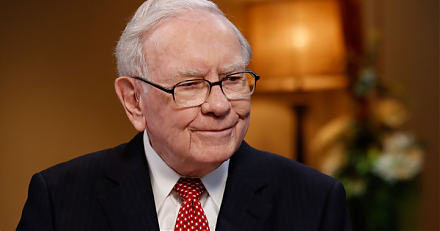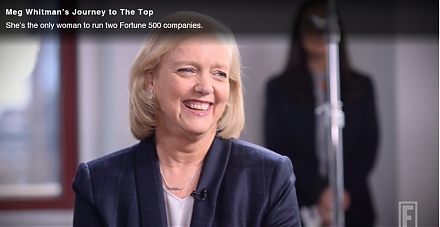

2017-04-13 10:42:00 Thu ET
treasury deficit debt employment inflation interest rate macrofinance fiscal stimulus economic growth fiscal budget public finance treasury bond treasury yield sovereign debt sovereign wealth fund tax cuts government expenditures

President Donald Trump unveils the dramatic *tax overhaul proposal*.
More importantly, Trump designs a tax holiday for multinational corporations to repatriate hundreds of billions of offshore cash per year to boost *America First* high-skill job creation, robotic manufacturing automation, tech-savvy innovation, capital investment, and macroeconomic growth.
This alternative territorial system is conducive to promoting better stock market performance and economic growth. Although the current Trump tax proposal may result in a fiscal budget deficit of $6 trillion in the next decade, stock market investors and financial institutions such as banks and mutual funds welcome this pro-business tax reform from the Trump administration. The resultant tax incentives can favorably bless the American stock market.
If any of our AYA Analytica financial health memos (FHM), blog posts, ebooks, newsletters, and notifications etc, or any other form of online content curation, involves potential copyright concerns, please feel free to contact us at service@ayafintech.network so that we can remove relevant content in response to any such request within a reasonable time frame.
2025-07-05 11:23:00 Saturday ET

Former New York Times science author and Harvard psychologist Daniel Goleman explains why working with emotional intelligence helps hone our social skills f
2018-08-31 08:42:00 Friday ET

We share several famous inspirational stock market quotes by Warren Buffett, Peter Lynch, Benjamin Graham, Ben Franklin, Philip Fisher, and Michael Jensen.
2017-11-07 09:38:00 Tuesday ET

HPE CEO Meg Whitman has run both eBay and Hewlett Packard within Fortune 500 and now has decided to step down after her 6-year stint at the technology giant
2018-01-21 07:25:00 Sunday ET

As he refrains from using the memorable phrase *irrational exuberance* to assess bullish investor sentiments, former Fed chairman Alan Greenspan discerns as
2024-04-30 08:28:00 Tuesday ET

Andy Yeh Alpha (AYA) fintech network platform: major milestones, key product features, and online social media services Introduction
2019-05-21 12:37:00 Tuesday ET

Chicago finance professor Raghuram Rajan shows that free markets need populist support against an unholy alliance of private-sector and state elites. When a